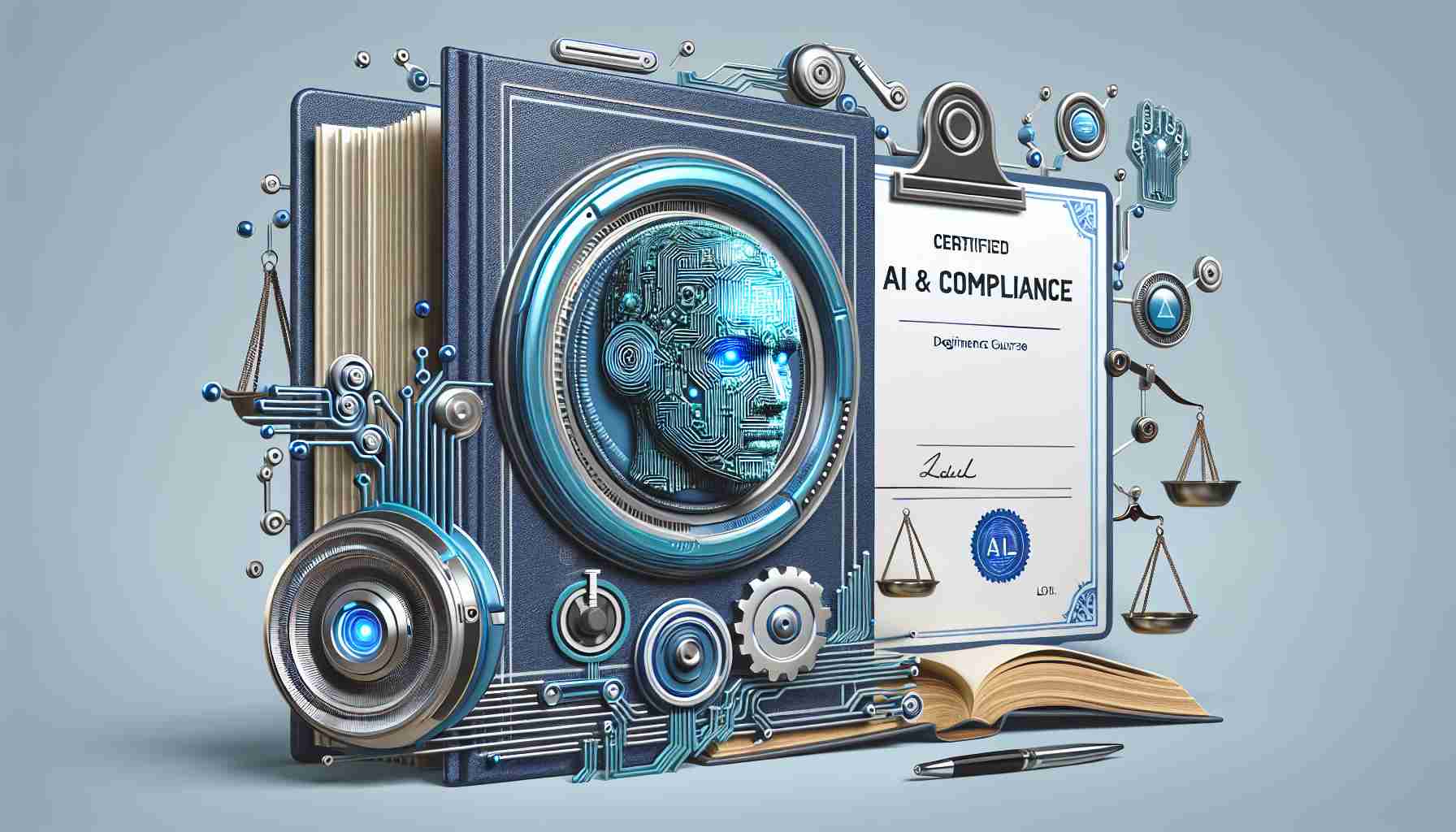Legal professionals are slated to enhance their digital expertise as the General Council of Lawyers partners with Blockchain Intelligence to roll out the 6th edition of the Certified Course in Artificial Intelligence for Lawyers and Compliance. Scheduled from May 20 to June 3, 2024, the sessions will take place on Mondays and Wednesdays between 6pm and 8pm.
In an era marked by rapid technological advances, the role of Big Data and AI in reshaping the business and professional landscape is indisputable. For this reason, it is essential for legal practitioners to stay updated with digital trends and learn to integrate them into their daily work to save time, resources, and to enhance the services provided to their clients.
The course aims to equip lawyers with a foundational understanding of how Big Data and AI are not just altering the professional world but are also pivotal in the daily legal practice. It focuses on imparting the necessary tools and skills for lawyers to effectively use these technologies.
Training in AI and the metaverse is crucial for legal experts to maximize efficiency. Gaining insights into AI and its legal implications is not just beneficial—it’s a necessity in modern law. This course is designed to arm lawyers with AI capabilities such as task automation, document analysis, and data extraction for more proficient and precise client service.
Besides the practical aspects, the course also covers ethical and legal counseling on AI, data protection, civil liability, and current regulations, encouraging innovation and creativity in applying AI to legal practices.
With the advent of metaverses and blockchain technology, new legal challenges and opportunities are emerging. The course offers a thorough exploration of these areas, including hands-on experience in the Blockchain Intelligence Metaverse, and discusses varied applications of AI in these nascent digital spaces.
Moreover, this training is essential for understanding AI’s relationship with blockchain, cryptocurrencies, digital assets, and metaverses. Participants will acquire skills for implementing Big Data and AI projects in the legal field and advising clients on the legal and ethical implications related to AI and Big Data, as well as their business impact.
For further information, registration details, and the complete program, interested parties are encouraged to contact at [email protected] through a collaborative agreement between the legal sector and Blockchain Intelligence.
Relevant Facts:
– As artificial intelligence (AI) becomes increasingly prevalent in many sectors, legal professionals need to understand AI both from the perspective of leveraging technology and addressing legal issues arising from its use.
– AI can be applied in the legal field for predictive analytics, legal research, contract analysis, case outcome prediction, and risk assessment, among other applications.
– Compliance is a crucial aspect for lawyers dealing with AI, as they must ensure that AI systems operate within the legal frameworks, respecting data protection, privacy laws, and other relevant regulations.
– Continuous professional development in AI and tech-related areas is becoming a standard expectation for legal professionals.
– Apart from Blockchain Intelligence and the General Council of Lawyers, there are various other organizations and institutions that offer specialized courses for legal professionals in AI and related technologies.
Most Important Questions and Answers:
– Why is training in AI and compliance important for legal professionals? Training in AI and compliance is important to help legal professionals stay relevant and competent in an increasingly digital legal environment, to understand the implications of AI in law, and to advise clients correctly on related matters.
– What are the key challenges associated with AI in the legal field? Key challenges include ensuring the accuracy and fairness of AI applications, dealing with ethical considerations, understanding the limitations of AI in legal contexts, and staying abreast of rapidly changing laws and regulations surrounding technology.
– Are there any controversies related to the use of AI in the legal profession? Controversies may arise around the potential for AI to displace jobs, bias in AI decision-making processes, concerns over privacy and data security, and the reliability of AI-generated advice.
Advantages and Disadvantages:
Advantages:
– The use of AI can greatly increase efficiency in legal work by automating routine tasks and data analysis.
– AI can help uncover insights from large volumes of data that may be impossible for humans to analyze.
– Legal professionals who are skilled in AI and compliance will be better positioned to serve their clients in technology-related cases.
Disadvantages:
– There might be a steep learning curve for legal professionals who are not tech-savvy.
– Over-reliance on AI could potentially lead to biases or errors in the legal decision-making process if the technology is not properly understood or overseen.
– The constant evolution of AI and technology could require ongoing education and adaptation, which could be challenging for some practitioners.
For further information on courses and events or to explore collaborations, you can visit Blockchain Intelligence’s main domain at Blockchain Intelligence.

